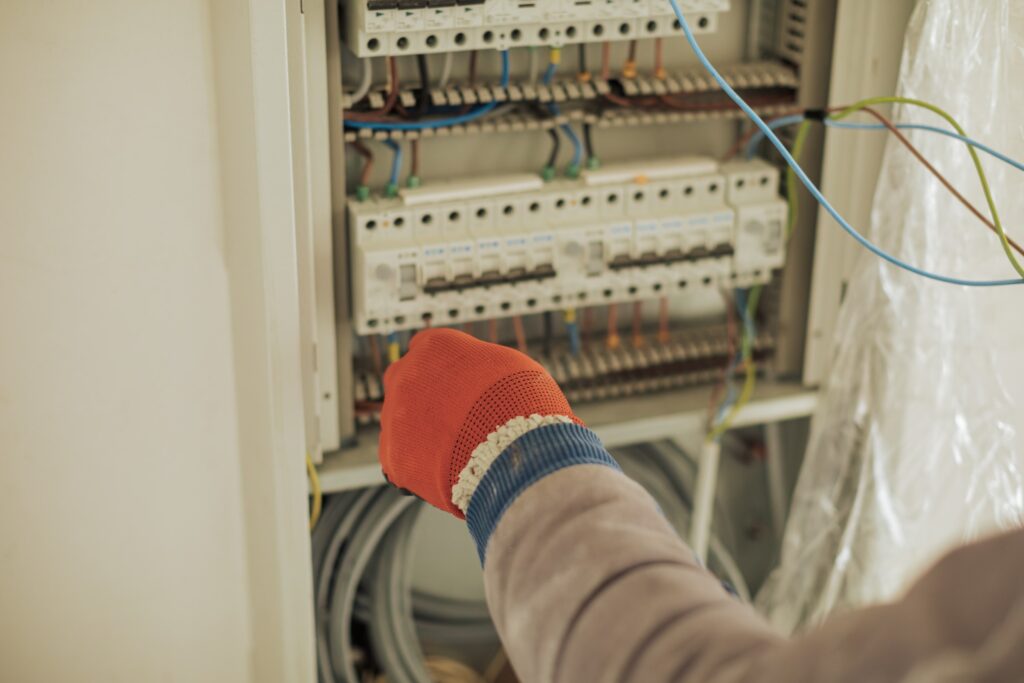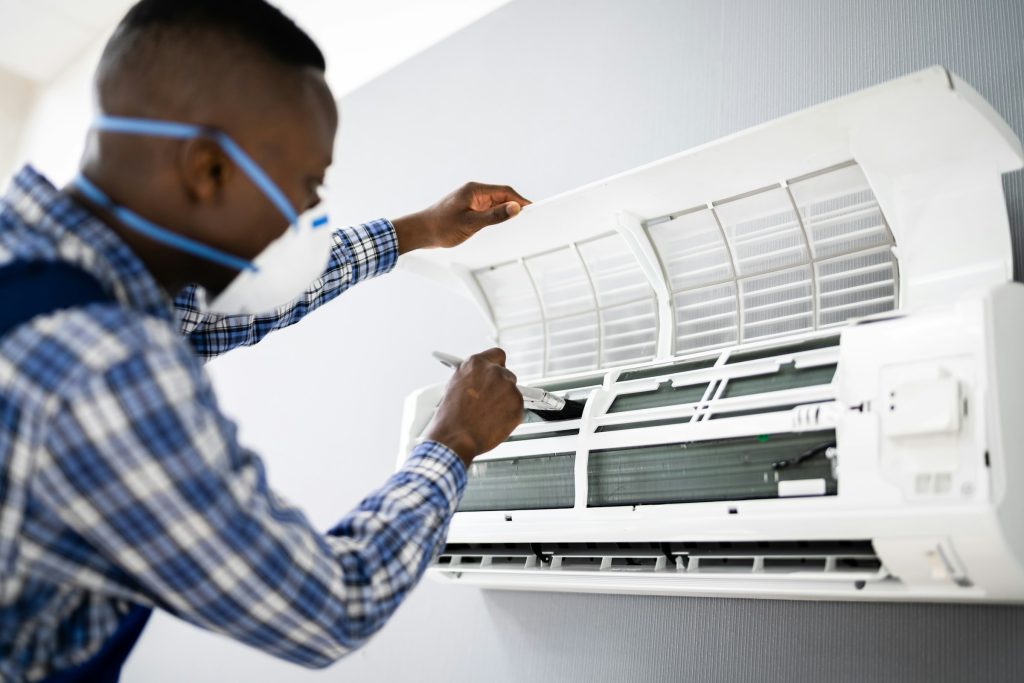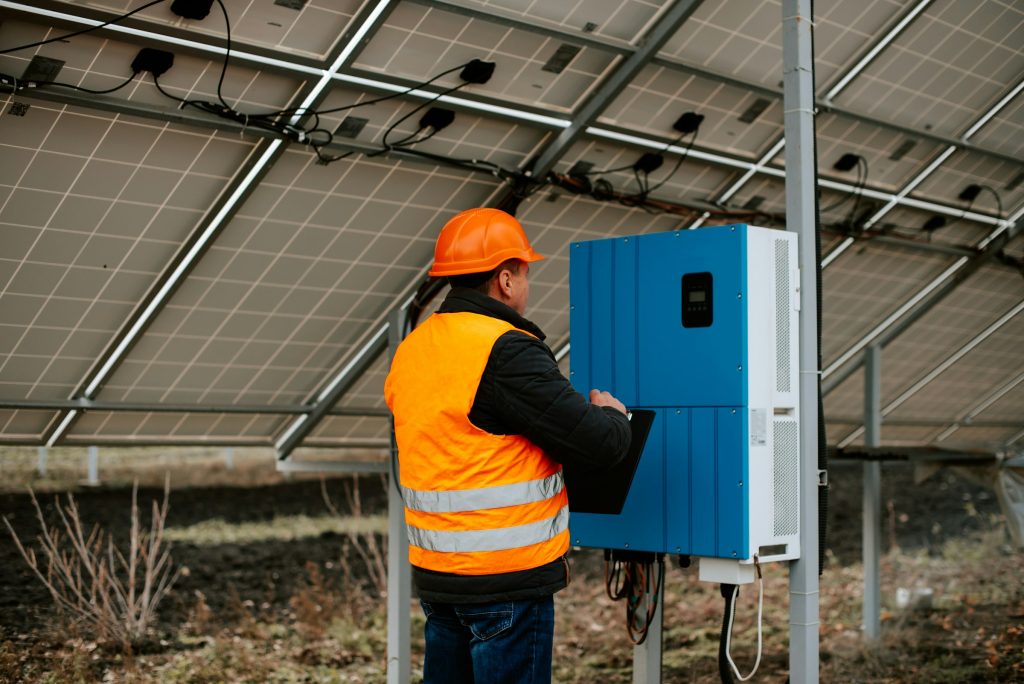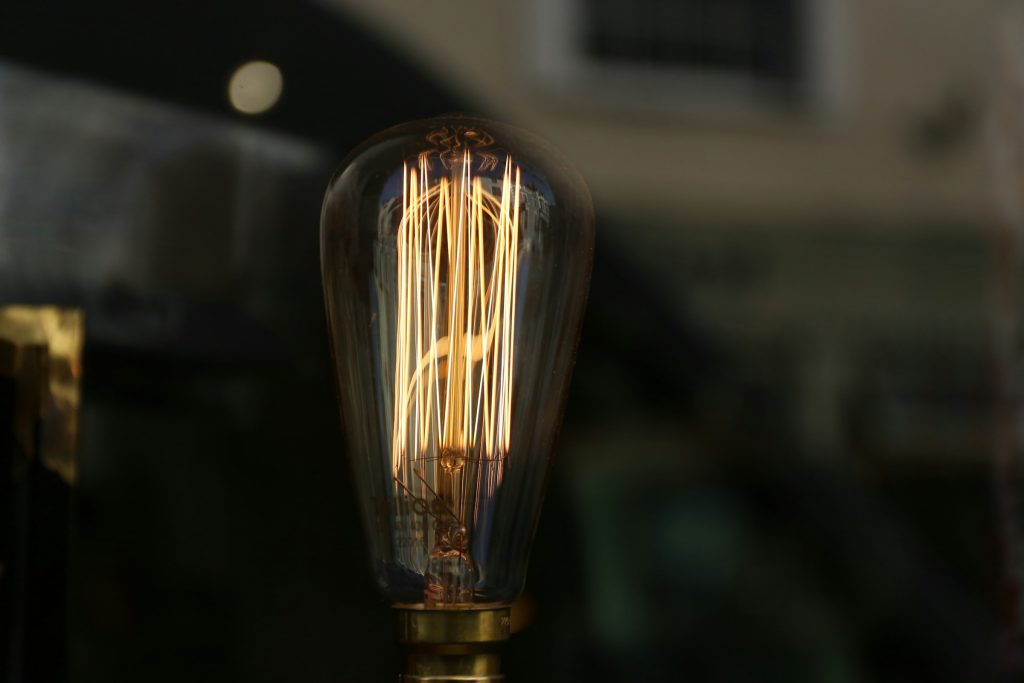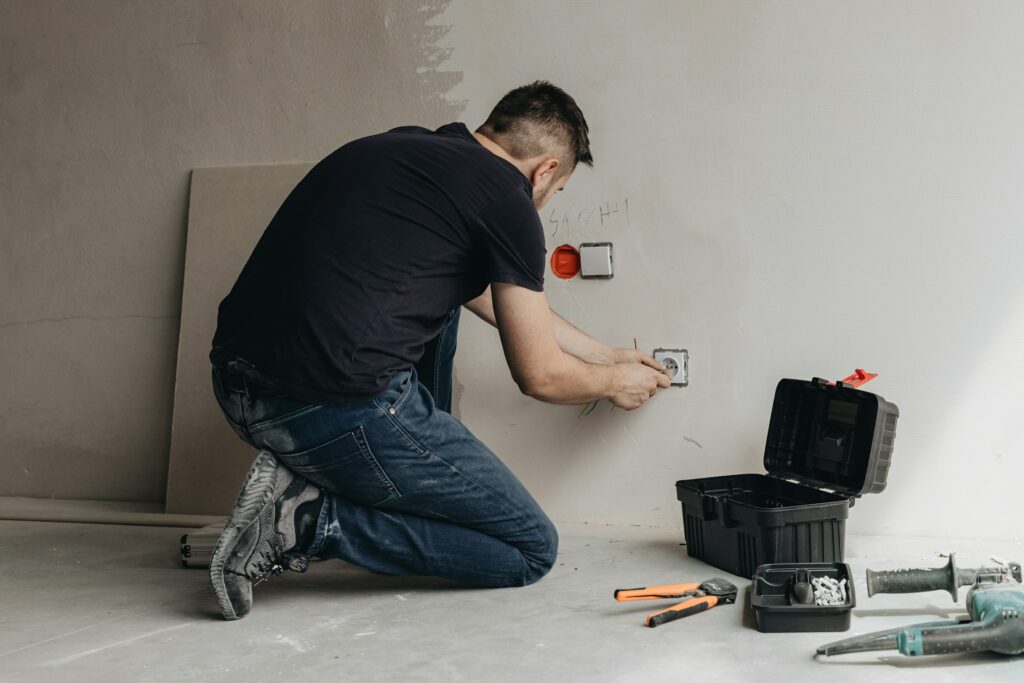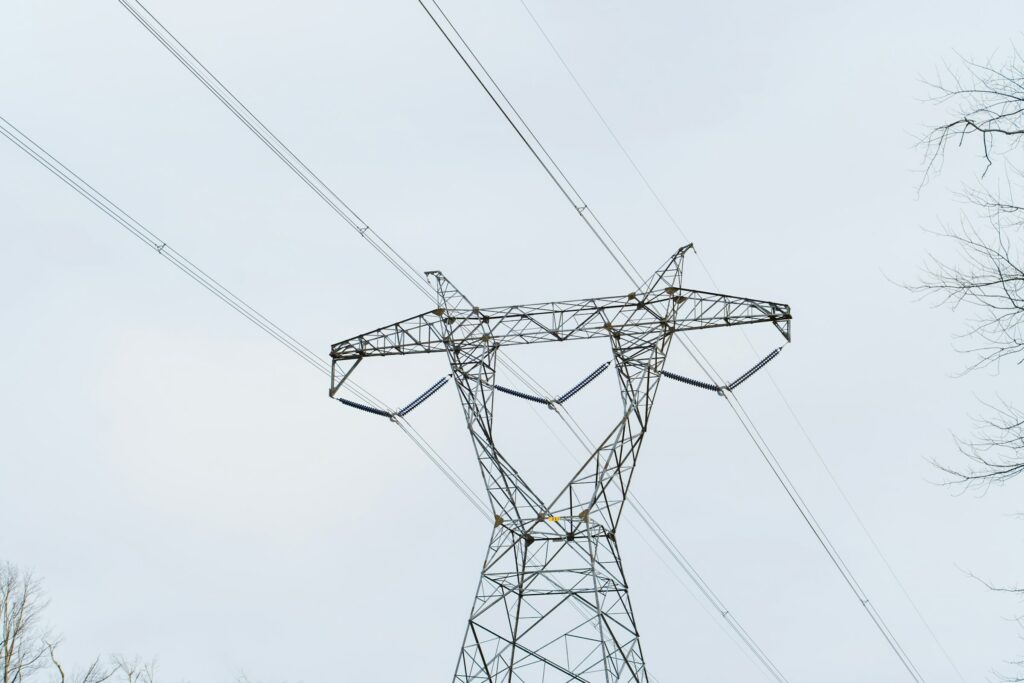Being faced with an electrical emergency can be daunting. The risks can be severe, and you must react calmly and clearly to keep yourself and others safe. This guide will provide valuable information on identifying, dealing with, and preventing electrical emergencies.
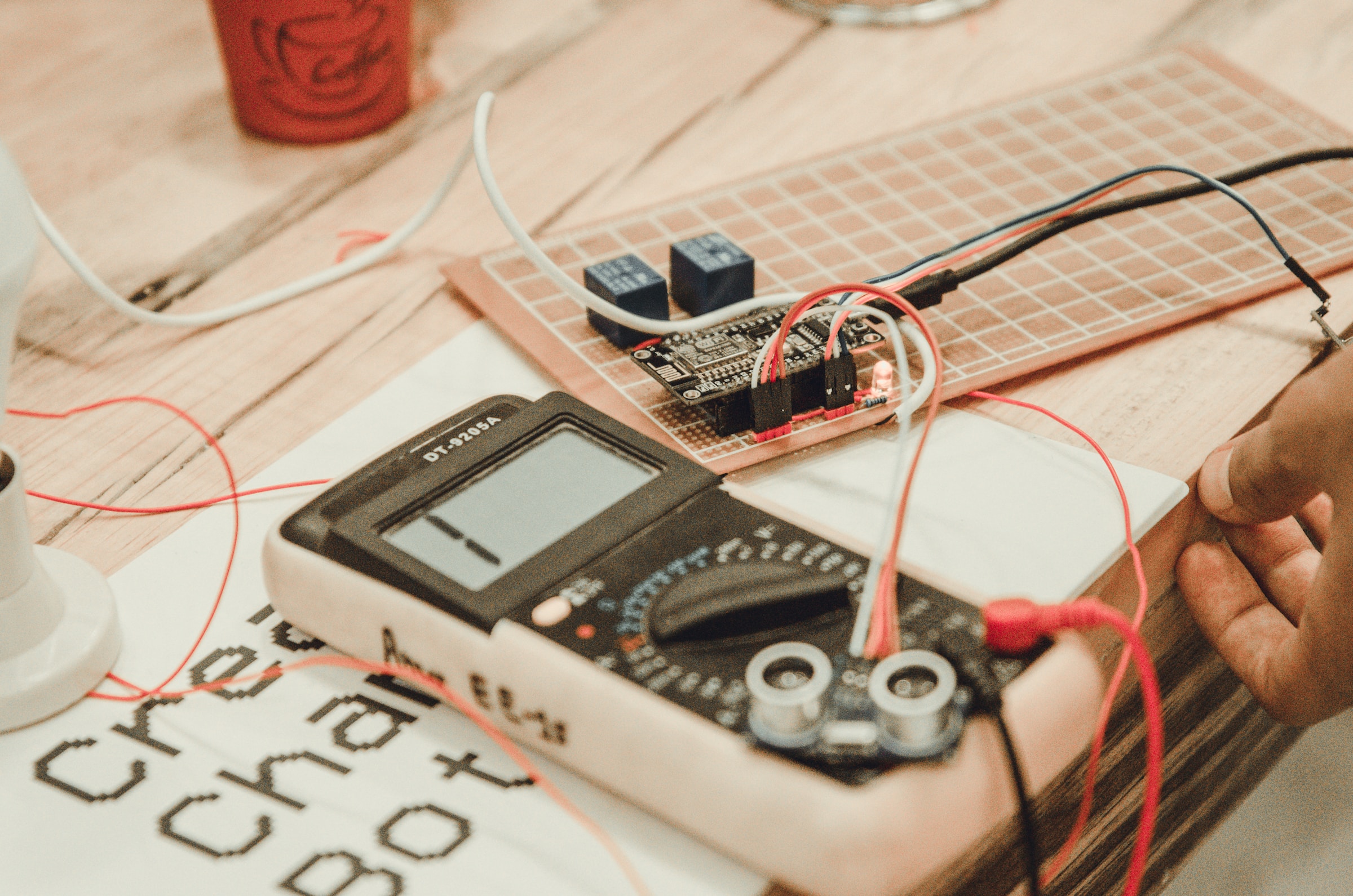
Basic Understanding of Electrical Emergencies
Electrical emergencies can occur for various reasons, such as faulty wiring, damaged equipment, or power surges. They can range from minor shocks to severe fires, threatening life and property.
Common Causes
- Faulty or old wiring: This can cause appliances to malfunction, often leading to electrical fires.
- Overloaded power outlets: Plugging in too many electrical devices can cause overheating and potential fires.
- Water and electricity: Water can conduct electricity, which can lead to electrocution if you come into contact with water that has an electrical current running through it.
Types of Emergencies
Understanding the types of emergencies is key to reacting correctly. They can range from electrocutions, which occur when a person comes into contact with a live wire, to electrical fires, which can quickly spread and cause significant damage.
Recognising an Electrical Emergency
Warning Signs
Your first line of defence in any electrical emergency is to identify the warning signs:
- Flickering lights: It can indicate a fluctuating power supply, possibly due to faulty wiring or an overloaded circuit.
- Burning smell: A strange smell can often precede an electrical fire.
- Sparks or arcs: These are signs of electrical contact and can lead to a fire if not handled promptly.
Risk Factors
Ignoring electrical warning signs enhances the risk factors for electrical emergencies. Aging electrical equipment, DIY electrical work, and bypassing safety standards boost the likelihood of accidents.
Steps to Handle Electrical Emergencies
If you find yourself faced with an electrical emergency, taking the correct actions can transform a hazardous situation into a manageable one.
- Isolate the problem: Switch off the appliance, if possible, or turn off the power at the main circuit breaker.
- Avoid contact with water: Water can easily conduct electricity, increasing the risk of electrocution.
- Evacuate the premises: If the situation escalates, move everyone out of the building.
- Call for professional help: Don’t risk your safety by trying to handle a dangerous situation yourself.
Electrical Emergency Prevention
Prevention is always better than cure. Regular maintenance and following basic safety measures can go a long way in preventing electrical emergencies:
- Regularly check and replace old or faulty wiring.
- Don’t overload power outlets.
- Always keep electrical appliances and outlets away from water.
Other Electrical Hazards Should you be Aware of?
Aside from the obvious dangers of fires and shocks, other risks can include:
- Damaged or exposed wires – This can cause shocks or fires.
- Misuse of extension cords – Overloading or using inappropriately can pose a fire risk.
- Working with electricity outdoors – High risks due to weather conditions and surrounding elements. Always use an RCD (Residual Current Device) for outdoor electrical equipment.
When to Seek Professional Help
Despite taking all the safety measures, some situations simply call for professional assistance. Always call a licensed electrician in these scenarios:
- Persistently tripping circuit breaker
- Regularly flickering lights
- Sparks or burning smell from switches or outlets
Frequently Asked Questions:
What to do in case of an electrical fire?
If an electrical fire breaks out, your first step should be to cut off the power supply if safe to do so. Do NOT use water to put off an electrical fire; it can cause electrocution. Instead, use a fire extinguisher or call your local fire department immediately. Ensure everyone’s safety by evacuating the premises as soon as possible.
How to tell if the wiring in my house is old or faulty?
Warning signs of old or faulty wiring can include:
– Lights that often flicker or dim
– Frequently tripped breakers or blown fuses
– Discoloured or warm outlets
– Persistent burning smell from a particular appliance or room
– Outages that affect your home frequently
If you suspect old or faulty wiring in your home, it’s essential that you contact a professional electrician immediately.
What is the danger of overloaded power outlets?
Overloading sockets can result in overheating and, ultimately, electrical fires. A crucial sign of an overloaded socket is if plugs or adaptors become hot to the touch. Other signs include consistent tripping circuit breakers, flickering, dimming, or buzzing lights, and discolouration of wall plates.
The Bottom Line:
Handling an electrical emergency effectively requires both knowledge and preparedness. Having this information at your fingertips can be the difference between a crisis averted and a disaster. So, follow these basics, and stay safe.
